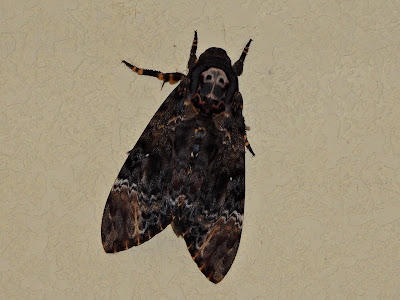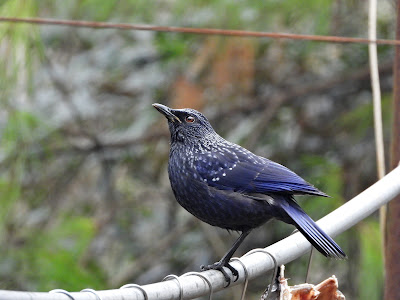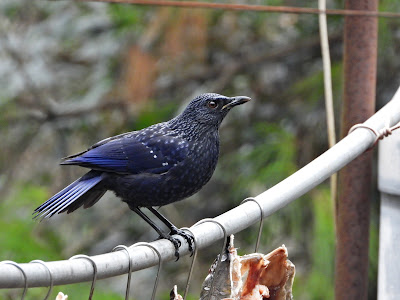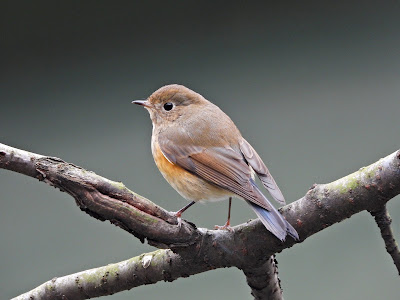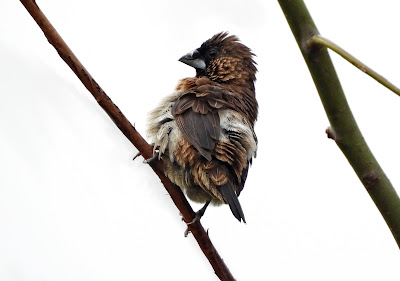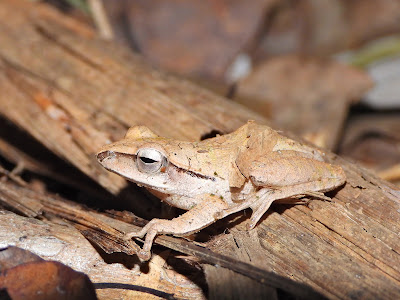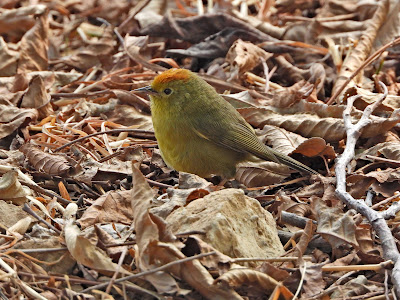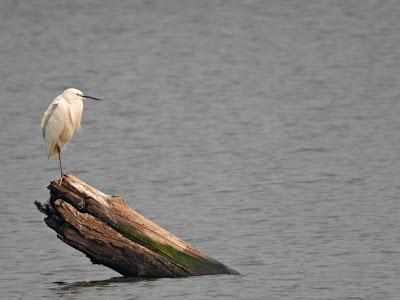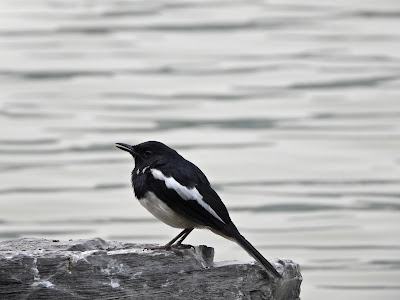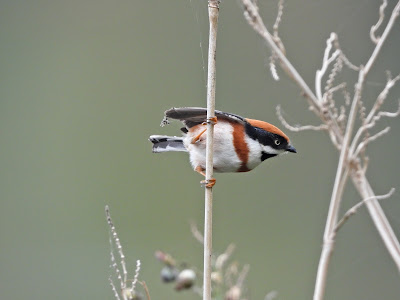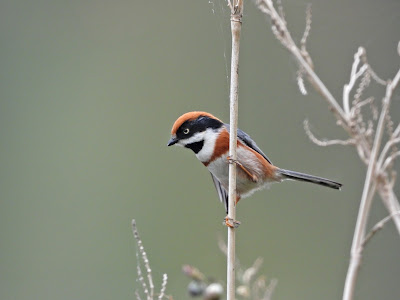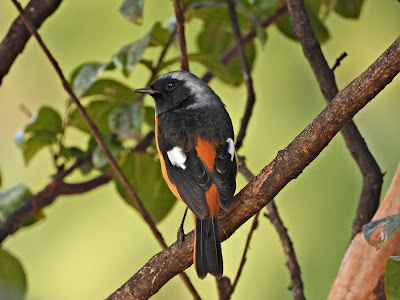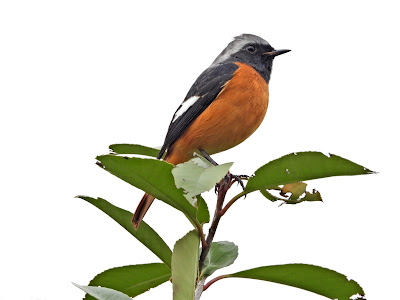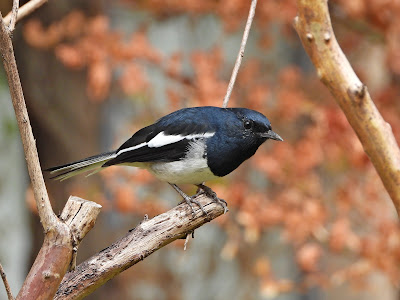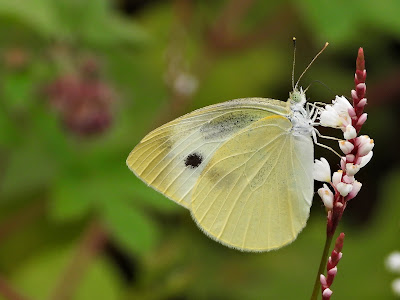David Lodge, Paradise News (London: Vintage Books, 2011; 1991), p. 29:
There weren’t many jobs for sceptical theologians, and St John’s College had given him one. It was only part-time, admittedly, but he had hopes that it might eventually become full-time, and meanwhile they allowed him to live in one of the student rooms in the College, which saved him a lot of trouble and expense.
He returned to his room and made the narrow, iron-framed bed, which he had left untidily rumpled in his eagerness to get out to the travel agency. He sat at his desk and took out his notes on a book about process theology he was reviewing for Eschatological Review. The God of process theology, he read, is the cosmic lover. “His transcendence is in His sheer faithfulness to Himself in love, in His inexhaustibility as lover, and in His capacity for endless adaptation to circumstances in which His love may be active.” Really? Who says? The theologian says. And who cares, apart from other theologians? Not the people choosing their holidays from the travel agent’s brochures. Not the drivers of the car transporters. It often seemed to Bernard that the discourse of much modern radical theology was just as implausible and unfounded as the orthodoxy it had displaced, but nobody had noticed because nobody read it except those with a professional stake in its continuation.
This fictional character, Bernard, appears to have been reading and reviewing a real book. The passage Lodge quotes in italics first appeared in W. Norman Pittenger, ‘Christian Theology After the “Death of God” ’, The Church Quarterly, 1 (April 1969), 306-14, p. 313. It has been reprinted several times. Firstly in “The Last Things” in a Process Perspective (London: Epworth Press, 1970), p. 116, Catholic faith in a process perspective (Maryknoll, NY : Orbis Books, 1981), p. 21 and finally in Contemporary American theologies II: a book of readings, ed. by Dean William Ferm (New York: The Seabury Press, 1982), p. 46. Since the novel is set in the late eighties to early nineties (1987 is mentioned as having passed on p. 63), we can safely assume that regardless of which book Bernard had in hand, he was very tardy with his review.
